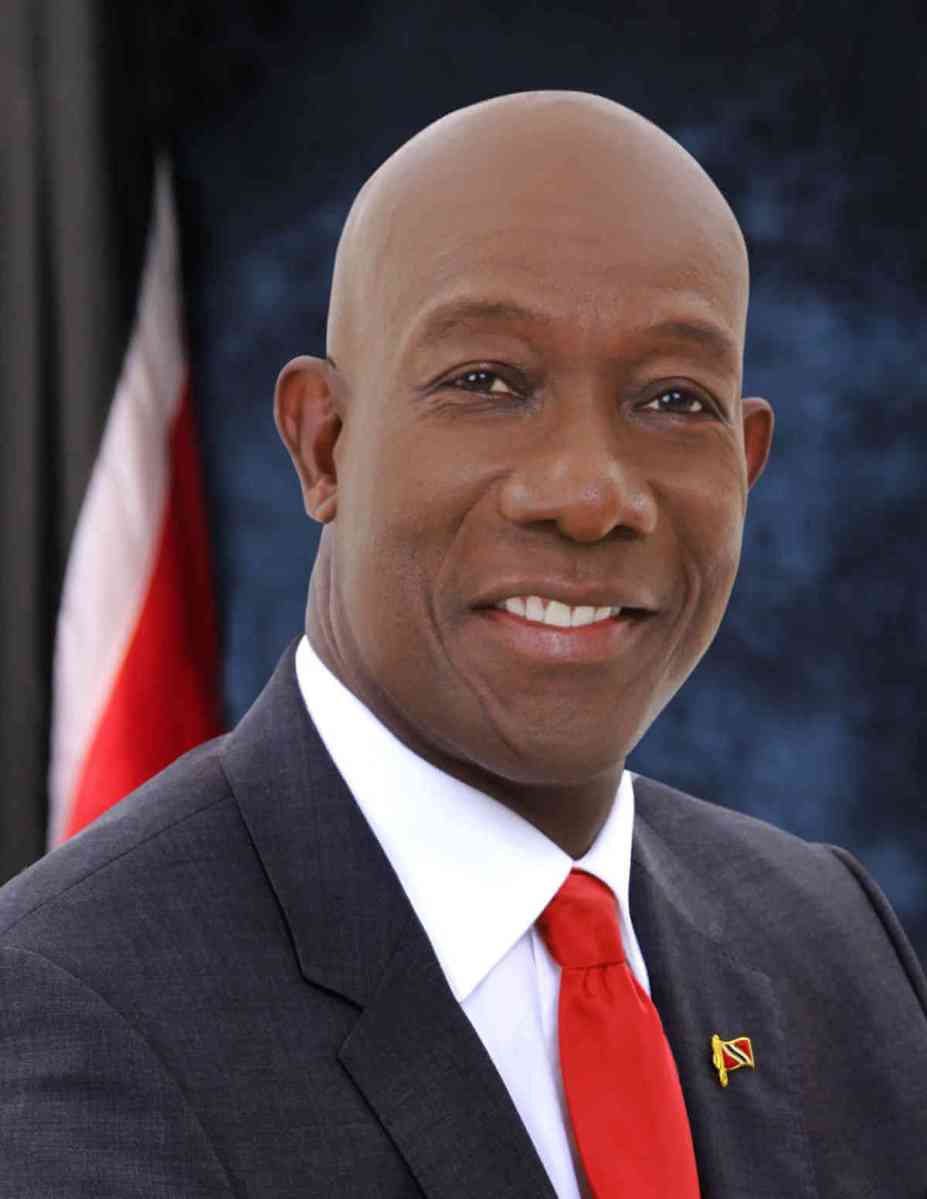Trinidad’s government has promised to bring home more than 100 of its nationals who had traveled to the Middle East more than three years ago to join in the war effort mostly in Syria following persistent lobbying from local Islamic leaders.
Prime Minister Keith Rowley and a team of cabinet ministers and security officials met with Islamic representatives this week to discuss the issue. The Islamists walked away with a firm promise from Rowley that every effort would be made to bring back the locals whose beliefs had persuaded them to leave the comfort of their homes in Trinidad to head to Syrian battlefields to join the war effort. “The government is committed to repatriating our citizens, but we have all agreed it is a matter that is of a highly technical nature,” Rowley said after the meeting.
Most of the group comprise women and children, some of them born in Syria and Iraq to Trinidadian parents. Authorities also say that most of the men who had actually fought in battle fields have died. The women and children are in refugee camps awaiting repatriation, but it was made clear to the Islamic representatives that bringing the survivors home will be an uphill task as multiple nations will have to be involved in the process.
“It is estimated that you have over 100 of our people out there and each one is going to be a special case. Therefore, you can understand how complicated and tedious, possibly a very tedious exercise. It is not a simple matter of just taking our people and bringing them back home. All the circumstances surrounding this situation are such that they have all kinds of international implications and the government, though it is committed, has to be very thorough in its approach,” said representative and former house speaker Nizam Mohammed. “It involves international relations, it involves other countries. We’ve got to collaborate and to co-operate and to seek assistance where assistance is required and that kind of thing.”
Many of those who decided to make the trip to join up with Islamic State fighters had come from communities in Rio Claro in southeast Trinidad, most of them traveling as families. Police say there was not a single individual who had made the trip. In fact, 15 members of Rio Claro’s influential Imam, Nizam Mohammed are among the group trying to return home. He has denied helping them to make the trip, alleging that they had secretly left the enclave and country for the Middle East. It is unclear how many have survived the battles. International intelligence officials say that Trinidad is among hemispheric nations that had supplied the largest numbers of fighters to ISIS.
Trinidad has had some tough experiences with radical Muslims. In July of 1990, more than 100 members of the radical Jamaat Al Muslimeen sect staged an attempted coup to protest inflation, a shortage of medicines, government policies and other societal ills at the time. Heavily armed gunmen stormed the parliament, shooting then Prime Minister Ray Robinson in the leg, injuring others. They also attacked the state television station, the main police facility and other institutions. Large parts of commercial Port of Spain, the capital, were burned and looted in a week of mayhem that ended with a presidential pardon.
A working group has been set up to study how the locals will be repatriated. All agree that this is a tough situation as it is unclear how the country, which they might have to transit would react to requests for assistance for so-called extremist Muslims. Some had left from the battle fields as far back as 2015.
“Even before this meeting, we have been meeting with relatives, we have been meeting with religious organizations, the leadership of the Muslim organizations, and we have been telling them that the feedback that we have gotten from government, and more particularly the prime minister, is that the government is serious about this repatriation issue,” Mohamed said.



























